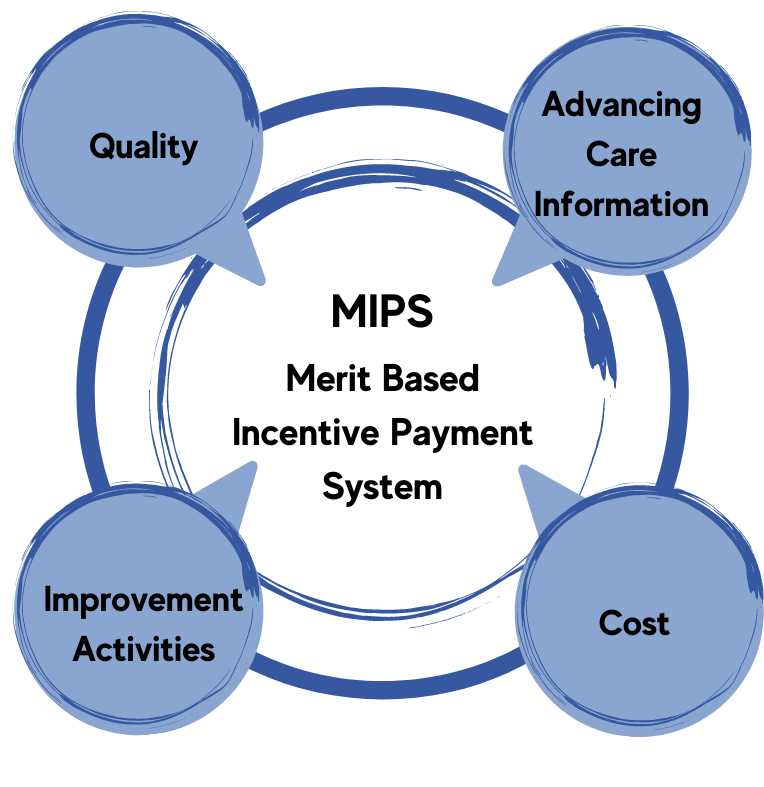Health Information Exchange (HIE) Benefits
There are many benefits associated with HIE:
HIE Provider Benefits
Potential to Be a Singular Source of Data
One thing that hospitals and other providers have to deal with in today’s environment is the administrative/resource burden of meeting multiple reporting obligations for multiple parties. This means, among other things, they have multiple “doors” through which their data flows and in which they have to maintain. HIEs could serve as a mechanism to satisfy multiple obligations, and, if specifications change over time, those changes could be tweaked centrally (at the HIE point in the pipeline) rather than creating a burden for all of the data sources.
- Improves privacy and security of patient health and medical information
- Improves quality of care, timeliness, patient safety and outcomes
- Increases convenience and workflow efficiency
- Improves diagnosis and reduces orders for duplicate test and procedures
- Enhances communication between hospitals, laboratories, pharmacies and referring physicians
- Improves access to test results and referral consultations
HIE Patient Benefits
- Reduces likelihood of medical errors due to incomplete or inaccurate information
- Improves doctor – patient communication and coordination of care among providers
- Eliminates the need for hand-carried and faxed transmission of health care records
- Improves diagnosis and reduces orders for duplicate test and procedures

Privacy and Security
Privacy policies and security controls developed at a National level provide assurances that personal health information is kept confidential and secure. IHDE incorporates these privacy policies and security controls into its products and services. These policies and controls address:
- Compliance with applicable state and federal laws,
- Cooperation with other IHDE participants,
- Use of IHDE only for HIPAA permitted purposes, and
- Privacy and security measures that must be in place before using IHDE’s products and/or services
How will IHDE protect privacy and security?
- HIPAA Compliance: IHDE, along with all IHDE participants, must comply with the policies, procedures, and regulations established by the Health Insurance Portability and Accountability Act of 1996 (HIPAA) as well as other applicable laws and regulations.
- Audit and Tracking: IHDE and IHDE participants are able to monitor access to IHDE’s products. Audit logs record system activity so that all activity can be tracked and traced to its origination. Reports are generated from audit records and are used to provide transparency in how health information has been accessed or exchanged.

Meaningful Use
Under the authority of the Health Information Technology for Economic and Clinical Health (HITECH) Act, the Centers for Medicare and Medicaid Services (CMS) and the Office of the National Coordinator for Health IT (ONC) developed programs that provide incentive payments to eligible professionals (EPs) and hospitals when they use electronic health records (EHRs) to achieve specified improvements in care delivery.
The goal of the Incentive Programs is to promote the “meaningful use” of EHRs — which means that providers have to use the EHR to achieve significant improvements in care. The program ties incentive payments specifically to the achievement of advances in health care processes and outcomes, i.e., the achievement of meaningful use.
The incentives are significant. Over the ten years of the programs, payments will total up to $27 billion. Incentive payments for EPs can range up to $44,000 over five years under Medicare or $63,750 over six years under Medicaid. Eligible hospitals can receive up to four years of financial incentive payments under Medicare beginning in 2011 and up to six years of incentive payments under Medicaid. Meeting the requirements of the Incentive Program can yield substantial payments – a typical 275-bed hospital could be eligible for approximately $6 million.
To ensure that providers are using technology that provides them with the capability to achieve meaningful use, the Incentive Program requires that providers use certified EHR technology – and ONC has issued regulations that lay out the standards and certification criteria that EHRs must meet in order to be certified.

